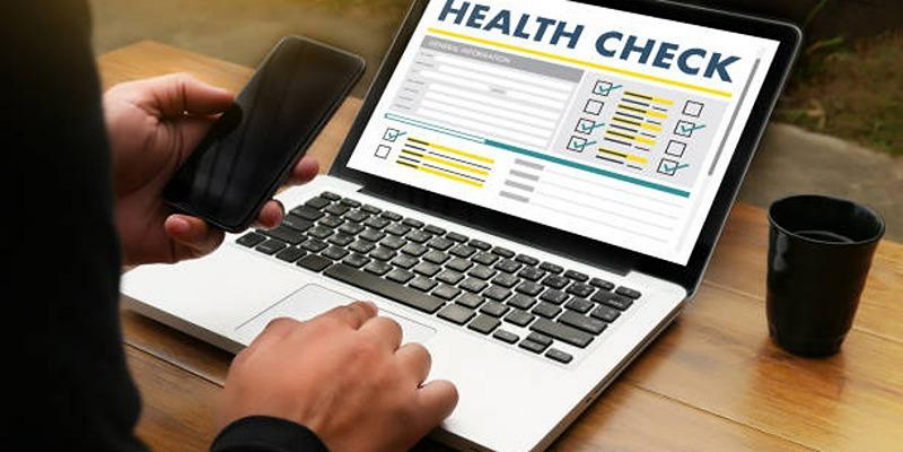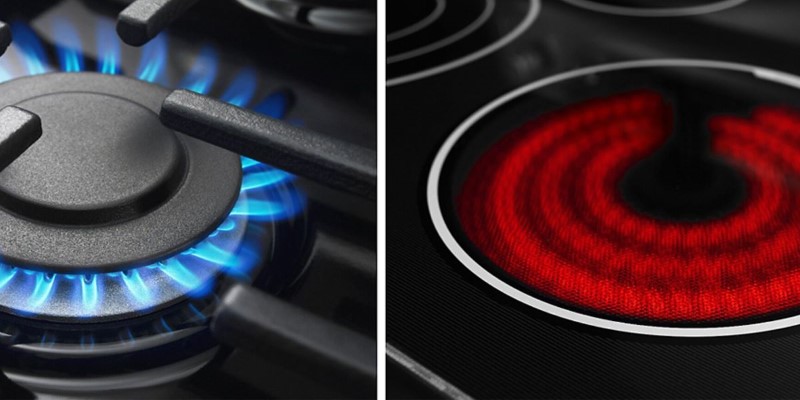Are Online Symptom Checkers Reliable? When to Call a Doctor
Online symptoms Checkers provide quick insight into potential health problems and provide a practical way to remove concerns. However, they depend on algorithms and may not be responsible for complications or unique factors in your health. When they are useful for general guidance, they should not replace professional medical advice. It is important to know that it is important to consult a physician to ensure accurate diagnosis and treatment.
A Guide to Online Symptom Checkers:
Online symptom checkers are digital tools designed to help users identify potential health conditions based on their reported symptoms.
How Online Symptom Checkers Work?
These tools guide users through a series of questions about their symptoms, such as fever, headache, or fatigue. Once you provide your input, the symptom checker analyzes the data and compares it against an extensive medical database. It then generates a list of possible conditions, often ranking them or estimating the likelihood of each one.
While advanced versions benefit from AI to improve accuracy, it is necessary to understand that these tools are not replaced for professional medical advice. Their abilities are limited - they cannot conduct physical examination or order clinical studies, which are often important for a certain diagnosis. Online symptoms Checkers are seen as an early point to understand your symptoms, not an official conclusion.
Popular Tools and Trusted Sources
Symptom checkers are widely available, created by sources ranging from hospitals and medical organizations to government health websites and private tech companies. While some may be more reliable than others, it’s important to remember that none of them should substitute guidance from a qualified healthcare professional.
Benefits of Online Symptom Checkers:

Online symptom checkers make it easy to get quick health insights from home.
Quick and Easy to Use
Symptom checkers are super convenient. They’re available 24/7 and give instant information about possible health issues. No need to wait for a doctor’s appointment—you can get answers right away.
Learn About Health Conditions
These tools help you understand different health conditions. They give basic advice on whether your issue might be minor or serious, helping you make smarter health choices.
Push You to See a Doctor
For people who ignore symptoms, a symptom checker can be a wake-up call. If it suggests something serious, it might encourage you to visit a doctor sooner. This can help catch problems early.
Limits and Risks of Online Symptom Checkers.
Online symptom checkers can be helpful, but they have problems and risks you should know about.
They Aren’t Always Accurate
Symptom checkers can be wrong. Many health issues have similar symptoms, so the tool may not know the exact cause. For example, a headache could be from stress, dehydration, or something serious like a neurological problem. Sometimes, these tools might make an illness seem worse or less serious than it really is.
They Don’t Know Your Medical History
Unlike doctors, symptom checkers don’t consider your full medical history. They won’t ask about family health, allergies, medications, or past conditions. Doctors look at your symptoms in the bigger picture of your health and lifestyle.
They Can Cause Worry or False Confidence
These tools can sometimes make people overly anxious. If a symptom checker says it might be something serious, you might panic even if it’s something small. On the flip side, it could miss a serious problem and make you think everything is fine when it’s not.
When Should You See a Doctor?
Deciding when to seek professional medical advice is crucial for managing your health effectively.
Severe Symptoms That Require Immediate Attention
There are certain symptoms that should never be ignored. If you experience any of the following, seek medical help right away:
● Chest pain or pressure
● Difficulty breathing
● Sudden dizziness or confusion
● Severe headache with no known cause
● Loss of consciousness
● Uncontrolled bleeding
● Persistent high fever
● Sudden weakness or numbness, especially on one side of the body
If Symptoms Persist or Worsen Over Time
Even if your symptoms seem mild at first, they may develop into something more serious. If a symptom checker suggests a minor issue but your condition does not improve or gets worse, consult a doctor. It is always better to seek medical advice than to wait too long and risk complications.
If You Have a Chronic Condition
People with existing health conditions, such as diabetes, heart disease, or asthma, should not rely on symptom checkers. Their conditions often require ongoing monitoring and specialized treatment that online tools cannot provide. Regular check-ups with a doctor are essential to manage long-term health issues properly.
The Role of Doctors in Treating Illnesses
Doctors are essential for diagnosing and treating illnesses, offering care that is more accurate and personal than online tools.
Doctors Look at All the Details
Doctors don’t just focus on symptoms. They consider your medical history, do physical exams, and use lab tests to make the right diagnosis. They also ask important follow-up questions that online tools can’t.
Doctors Provide Customized Care
After finding the problem, doctors recommend the best treatment—whether it’s medication, lifestyle changes, or further testing. They also check in with you to track progress and adjust the plan if needed, something symptom checkers can’t do.
Doctors Help Prevent Illness
Doctors don’t just treat illnesses; they help prevent them. They give advice on healthy habits, recommend vaccines, and suggest screenings to keep you healthy in the long run.
How to Use Symptom Checkers Safely?

Symptom checkers can be helpful, but they have limits. Follow these tips to use them safely and get the best results.
Use Trusted Tools
Not all symptom checkers are reliable. Choose ones from trusted medical organizations, hospitals, or government health sites. Skip tools that don’t explain how they work or who reviews their information.
Start Here, Not the End
Symptom checkers are just a guide, not a replacement for a doctor. They can give you an idea of what’s wrong, but only a doctor can give you a real diagnosis and treatment.
See a Doctor If Needed
If the checker suggests a serious illness, don’t panic, but follow up with a doctor. Even for minor issues, see a professional if symptoms don’t go away or get worse.
Final Thoughts
Symptom checkers can help you learn about your health, but they’re not perfect. They can guide you, but they can’t replace a doctor’s expertise. If something feels off, trust your body and talk to a healthcare professional. A doctor can give you a proper diagnosis and treatment plan. Use technology as a tool, but always rely on expert care when it comes to your health.












